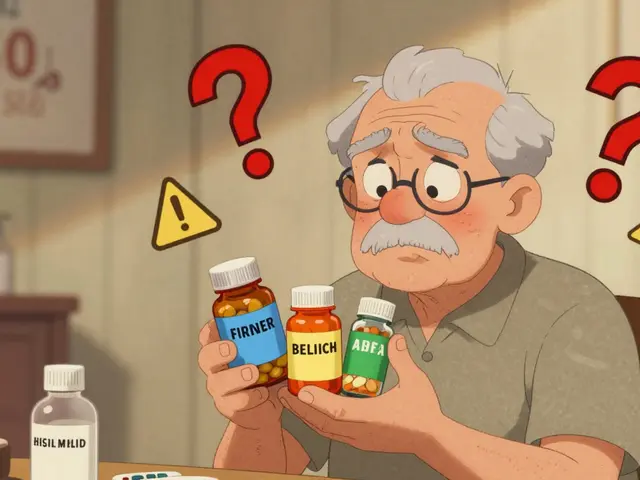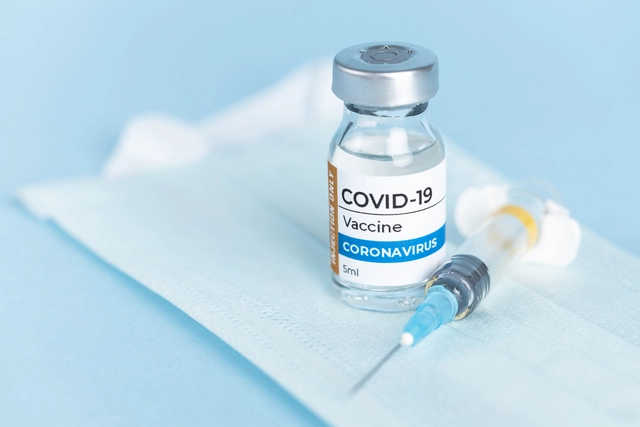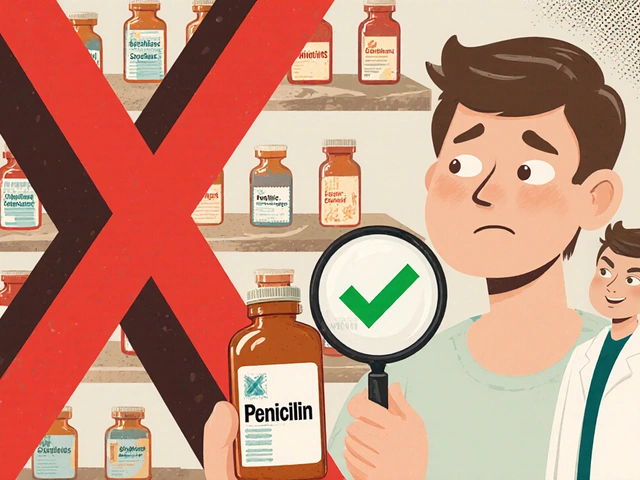Atrophic Gastroenteritis: What You Need to Know
If you’ve ever felt a sore stomach that just won’t quit, you might have heard the term atrophic gastroenteritis. It’s a condition where the lining of your small intestine gets thin and loses its ability to absorb nutrients properly. That sounds scary, but understanding the basics can make it much easier to handle.
People develop this condition for a few reasons. Autoimmune attacks, long‑term infections, or certain medications can damage the villi – the tiny finger‑like projections that pull nutrients into your blood. When those villi shrink, you start missing out on vitamins, minerals, and even calories, which leads to a host of uncomfortable symptoms.
Common Signs and Symptoms
The first clue is usually chronic diarrhea that may be watery, greasy, or foul‑smelling. You might also notice bloating, cramping, and a feeling of fullness after just a few bites. Because your body isn’t getting enough nutrients, fatigue and weight loss are common, and you might develop anemia or bone weakness over time.
Other red flags include frequent stomach pain after meals, unexplained nausea, and a rash or skin changes caused by nutrient deficiencies. If you’re taking a new drug and these symptoms appear, talk to your doctor right away – some medicines can trigger the atrophy.
Managing the Condition
The good news is that treatment focuses on two things: fixing the underlying cause and replenishing what you’ve lost. If an infection or medication is the culprit, stopping or treating it can halt further damage. For autoimmune cases, doctors often prescribe steroids or other immune‑modulating drugs to calm the attack.
Nutrition plays a massive role. A diet rich in easily digestible proteins, low‑fat foods, and limited fiber can reduce diarrhea. Many patients benefit from a gluten‑free or lactose‑free plan because those sugars can worsen symptoms. Supplements are usually needed – think iron, calcium, vitamin D, and a B‑complex to cover gaps.
Regular check‑ups are a must. Blood tests will track your nutrient levels, and a follow‑up endoscopy can show if the intestinal lining is healing. Some people also work with a dietitian who can fine‑tune meals to keep calories steady without triggering symptoms.
Living with atrophic gastroenteritis isn’t just about medical care; it’s about everyday habits. Stay hydrated, sip water throughout the day, and avoid alcohol and caffeine, which can irritate the gut. Small, frequent meals tend to be easier on the stomach than big, heavy plates.
If you’re feeling overwhelmed, remember that many people manage this condition successfully. Keeping a symptom diary can help you spot patterns – maybe a certain fruit or spice is the trigger. Sharing that diary with your doctor speeds up the process of finding the right treatment plan.
Bottom line: atrophic gastroenteritis can steal nutrients, but with the right medical help, a thoughtful diet, and consistent monitoring, you can regain energy, keep your weight stable, and enjoy meals again. Don’t ignore persistent stomach issues – get checked early and take charge of your gut health today.

How Atrophic Gastroenteritis Links to Chronic Fatigue Syndrome
Explore the medical link between atrophic gastroenteritis and chronic fatigue syndrome, covering shared mechanisms, evidence, and management tips.
Read More




